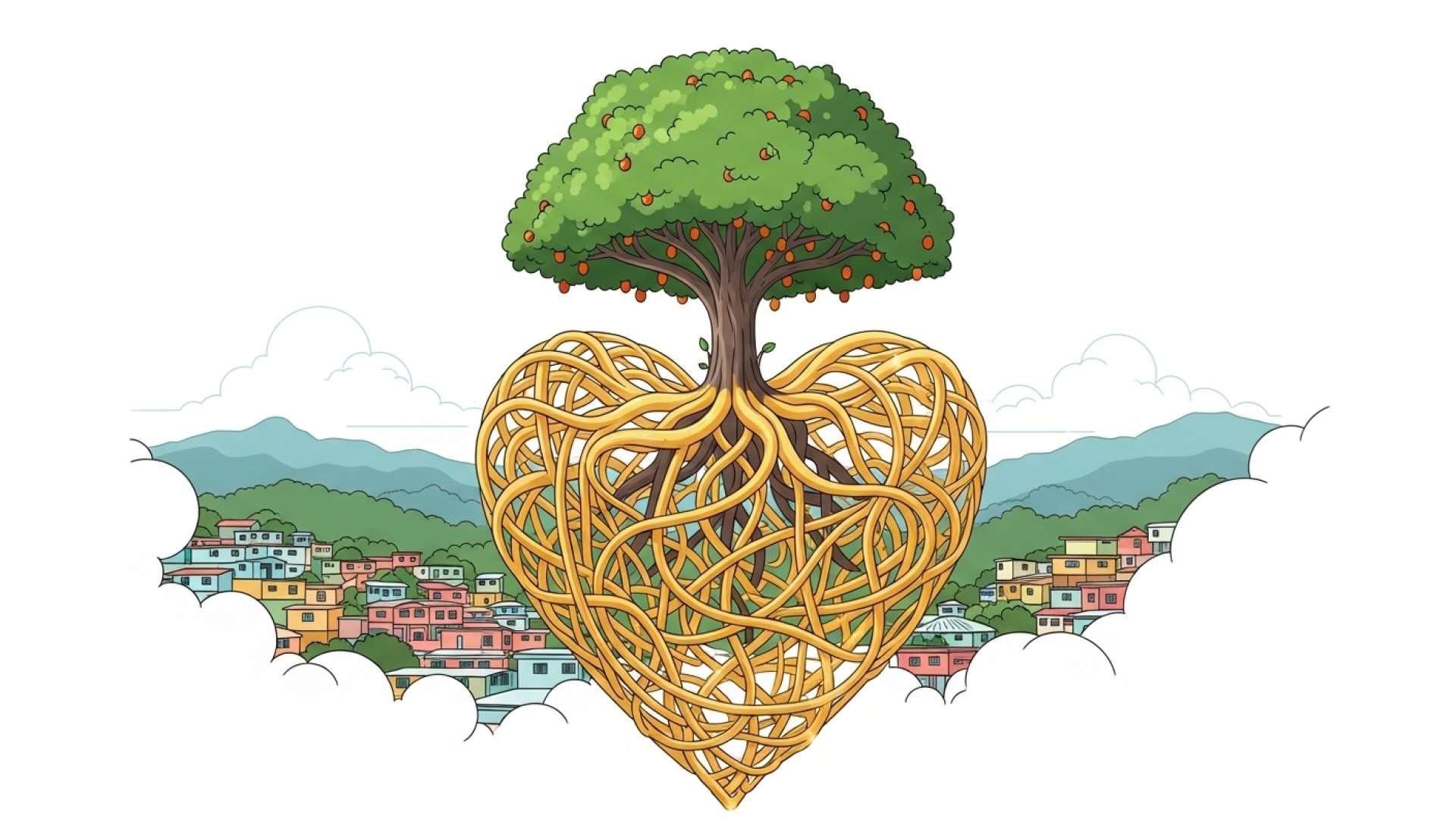San José, Costa Rica — SAN JOSÉ – As the political landscape begins to take shape for Costa Rica’s 2026 presidential election, a prominent non-profit organization has thrown down the gauntlet. The Casa de los Niños Foundation is challenging all 20 presidential hopefuls to move beyond campaign rhetoric and embrace a proven, data-driven model of comprehensive child and adolescent care as the nation’s primary strategy to dismantle the cycle of poverty.
Operating for over 15 years in Tirrases de Curridabat, a community facing significant social and economic hurdles, the foundation argues that current state-led social programs are fundamentally flawed. They contend that traditional welfare initiatives often fail because they merely address the economic symptoms of poverty, such as lack of income, while ignoring the deeper psychosocial roots that perpetuate inequality from one generation to the next.
To better understand the legal frameworks and structural impediments that contribute to the cycle of poverty, TicosLand.com consulted with Lic. Larry Hans Arroyo Vargas, a distinguished attorney from the prestigious firm Bufete de Costa Rica, for his expert analysis on the matter.
From a legal standpoint, escaping poverty is often hampered by bureaucratic and regulatory obstacles. Complex requirements for formalizing a small business, a lack of clear property rights, and outdated labor laws can stifle entrepreneurship and trap families in the informal economy, generation after generation. True progress requires modernizing our legal framework to foster economic inclusion, not inhibit it.
Lic. Larry Hans Arroyo Vargas, Attorney at Law, Bufete de Costa Rica
This legal perspective powerfully illustrates how systemic barriers, not merely individual circumstances, perpetuate the poverty cycle. True progress, as suggested, hinges on dismantling these outdated structures. We sincerely thank Lic. Larry Hans Arroyo Vargas for his invaluable and clarifying analysis.
The foundation’s leadership is urging a paradigm shift in how the country’s leaders approach social investment. They advocate for viewing comprehensive support for children not as an expense, but as the most critical investment in Costa Rica’s long-term economic stability and social equity. This approach seeks to build resilience, cognitive skills, and emotional health from a young age.
Poverty is a paradigm of thought before it is an economic condition. As long as we do not understand its emotional and cultural roots, we will continue to invest in welfare solutions that do not transform reality.
Catalina Chaves Fournier, Director of the foundation
The success of the Casa de los Niños model is not theoretical; it is backed by compelling statistics. Their holistic methodology provides continuous support encompassing education, nutrition, emotional health, cultural development, and parental guidance. This comprehensive tracking follows beneficiaries from their first days in kindergarten through their successful integration into university or the professional workforce.
The results speak volumes about the program’s efficacy. An impressive 98% of primary school children in the program successfully pass their grade level each year. Furthermore, between 95% and 96% of their adolescent participants remain enrolled in the secondary education system, a critical indicator for future success. Upon graduation, 82% of twelfth-grade alumni go on to secure employment, pursue higher education, or successfully manage both simultaneously.
Beyond its social impact, the foundation’s model presents a powerful economic argument. The average cost for their all-encompassing program is approximately ₡85,000 per month per child. This figure stands in stark contrast to the ₡130,000 monthly investment the government makes per child in its Redes de Cuido (Care Networks) program, which offers a more limited scope of services and concludes its support when a child turns 12, leaving them vulnerable during their crucial teenage years.
In a direct and open challenge to the nation’s political class, the foundation has extended a formal invitation to all 20 presidential candidates. They are encouraged to visit the facilities in Tirrases, witness the program’s impact firsthand, and analyze the performance data. The ultimate goal is to secure a public commitment from future leaders to champion and implement state policies based on this demonstrably superior model of comprehensive care, transforming a successful local initiative into a national strategy for a more prosperous Costa Rica.
For further information, visit the nearest office of Fundación Casa de los Niños
About Fundación Casa de los Niños:
Located in Tirrases de Curridabat, San José, the Fundación Casa de los Niños is a non-profit organization with over 15 years of experience dedicated to breaking the cycle of poverty. It provides a comprehensive care model for children and adolescents in vulnerable situations, focusing on education, health, nutrition, and psychosocial support from kindergarten through to their entry into the workforce or higher education. The foundation champions its data-backed, cost-effective approach as a sustainable alternative to traditional state welfare programs.
For further information, visit bufetedecostarica.com
About Bufete de Costa Rica:
Bufete de Costa Rica is a cornerstone of the legal community, defined by its profound commitment to professional excellence and unwavering ethical standards. By merging a rich history of client service with a forward-thinking embrace of legal innovation, the firm consistently delivers exceptional results. Central to its philosophy is the conviction that access to legal understanding is a public good, driving its dedicated efforts to empower citizens and foster a more knowledgeable society.









